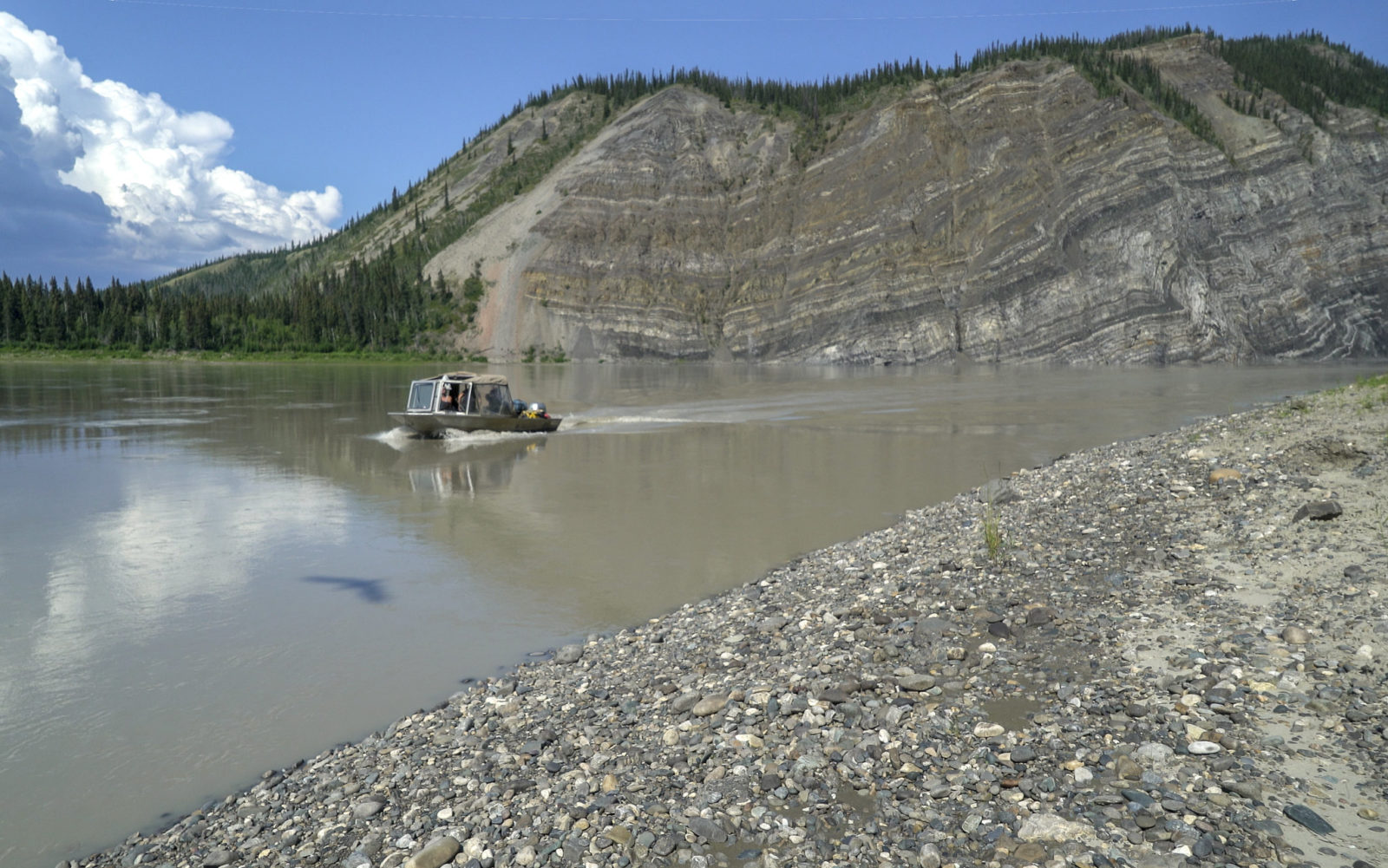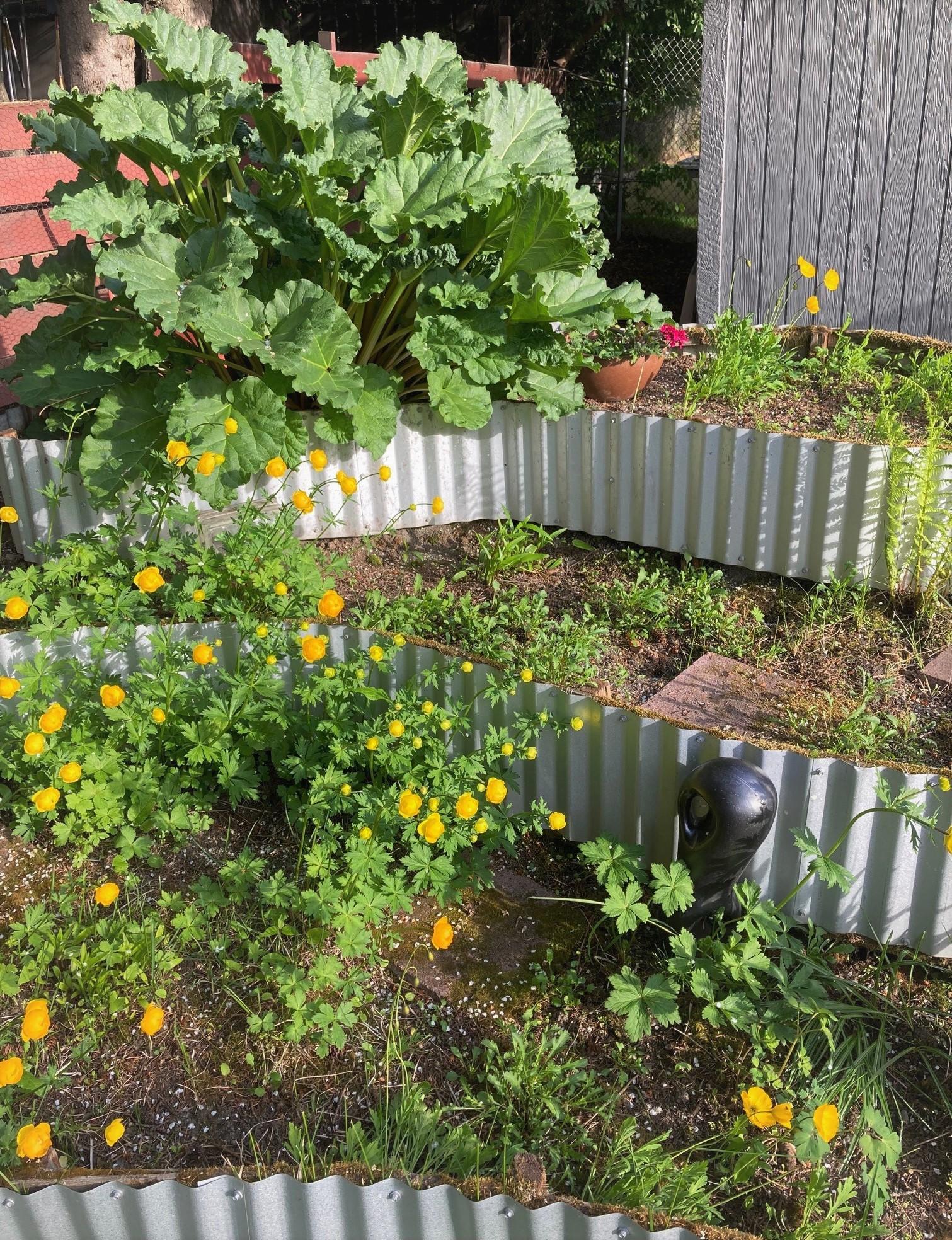
Alaska News Brief June 2021: Getting your hands dirty helps
A few weeks ago, I took some time off to pick up some flowers from the nursery and put up a small greenhouse. I spent days planting and tending and getting my hands dirty.
I’m loving the red, yellow and blue hues of the blooms, and the greening up of tomato and cucumber starts. I worked up a sweat in the yard last weekend, and basked in the much-needed warmth and sunshine.
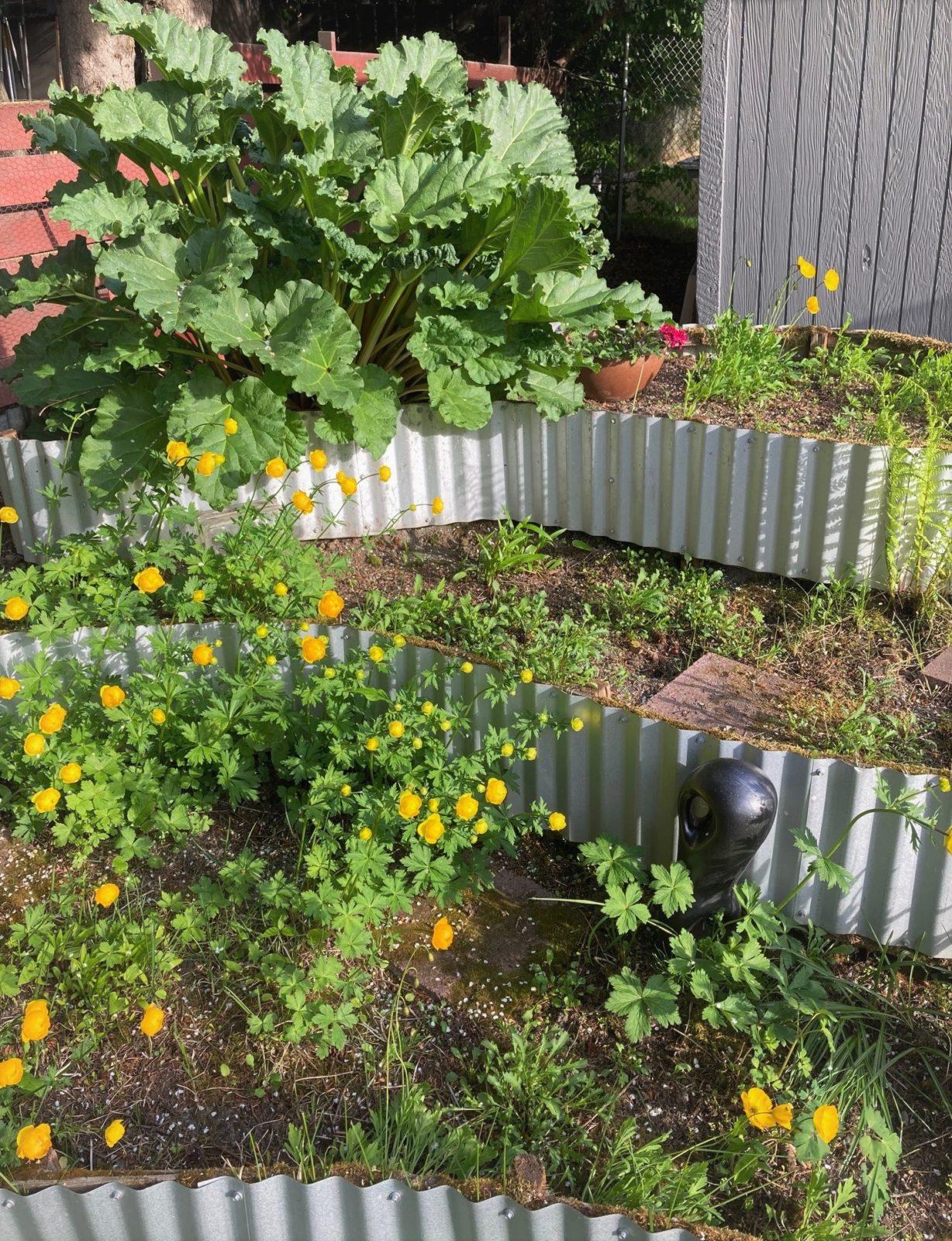
These small things help reconnect me with myself and the life around me. Putting my hands in the dirt that nourishes plants and tending to plants that nourish me and all the buzzing and flying things swooping around me has lifted my spirits.
Mental health has been on my mind these days.
The pandemic, politics, climate crisis, and ongoing exploitation of and violence toward people and the land by industry and institutions makes it hard to stay in a steady state of mind and heart. Many of us continue to face losses, disruptions, and uncertainties about our well-being and purpose, and that of our families and communities.
I’ve been stewing on that lately. Maybe that’s why Naomi Osaka’s decision to pull out of the French Open struck a chord with me.1
It’s hard enough to do something that requires focus and intensity—and then to also be expected to answer to and absorb the needs of the press, public and industry, well that’s honestly a lot more than good tennis requires. Yet that’s what we do and expect, not just from athletes, but from everyone, no matter their job or role.
There’s a presumption of no boundaries between performing and enduring an interrogation of that performance.
Again and again, we’re asked to buck up, to cope, to hope, to give, to get the work done, to accept what we can’t change, to do what’s asked and needed, and then to explain ourselves, to talk about what did and didn’t go well. Where is the time to take a break and sit with ourselves for a while? And why do we feel shame and guilt for wanting that time?
The connection between “performance” at work and mental health shouldn’t come as a surprise to anyone in a society where the lack of a job or the “right” kind of job can mean not having basic needs met.
The point is, the so-called “normal” that the pandemic disrupted wasn’t good for a good many people.2 Many of the workers who suddenly became “essential” and “heroic” are now reentering an environment in which corporations, many that made massive profits during the pandemic, still don’t pay a living wage or offer adequate benefits, and in fact fight any effort to pressure them to do so.
Polls and surveys show that even those who could work at home during the pandemic realize now that arbitrary career pressure and expectations exploit their time and health.3 Now many want something different; they want their lives and resilience back.
Early in the pandemic, I instituted “mental health” days to make sure everyone at Trustees knew they could take time off with pay to do whatever they needed to take care of themselves. We realized that “sick” days shouldn’t just be about physical health, but rather about folks getting time to mend and rest mentally and emotionally, too.
We recently had small group conversations about the COVID year+ and learned that we all had a lot more going on than what was visible—and it was HARD.
Like so many people, we worked remotely last year. Some of us have gone back to the office now, while others continue to work at home part- or full-time. When meetings and workflow allow, folks may take a lunchtime bike ride or midday walk to get some sun.
I’m coming up on 18 years with Trustees, and I can tell you that the last few years have required so much more from our team, our clients and our coalitions, not just in terms of the long hours and lawsuits, the legislative work and public outreach, the Zoom calls and lack of transparency from decision-makers, but also in terms of what’s at stake in our hearts and minds for our families, communities, the land, and the future.
I don’t expect growing flowers or harvesting rhubarb and vegetables to make what’s flawed and wrong with the way our institutions and systems treat people and the planet okay with me.
But I do think it helps me stay nourished for doing my part to change things.
Wishing you dirty hands,
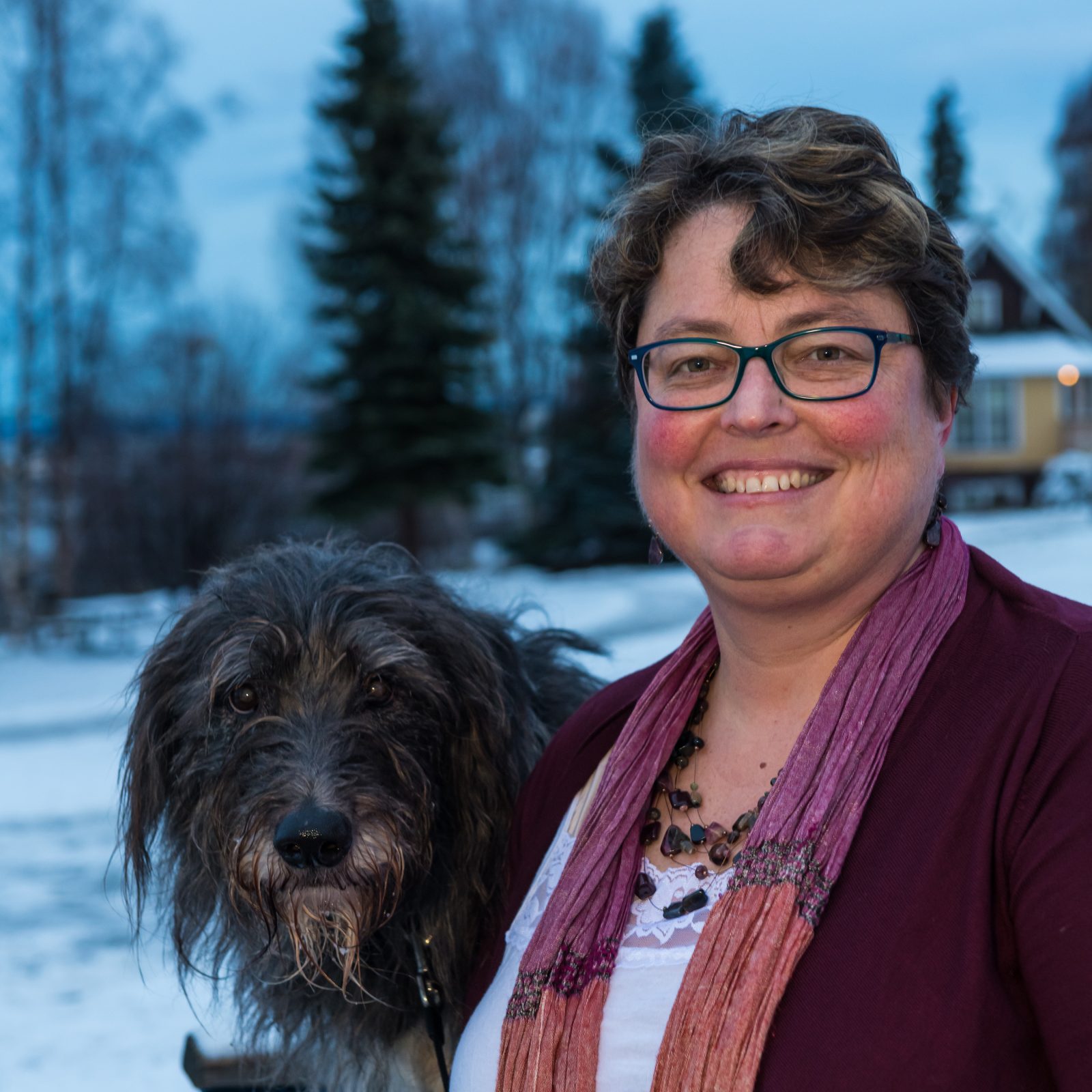

Vicki Clark, executive director
Footnotes:
- Naomi Osaka Quits the French Open After News Conference Dispute
- We shouldn’t go back to “normal.” Normal wasn’t good enough
- A third of Americans report anxiety or depression symptoms during the pandemic
PS. Thanks to supporters like you, we can continue fighting to protect Alaska’s land, water, air, wildlife and people!
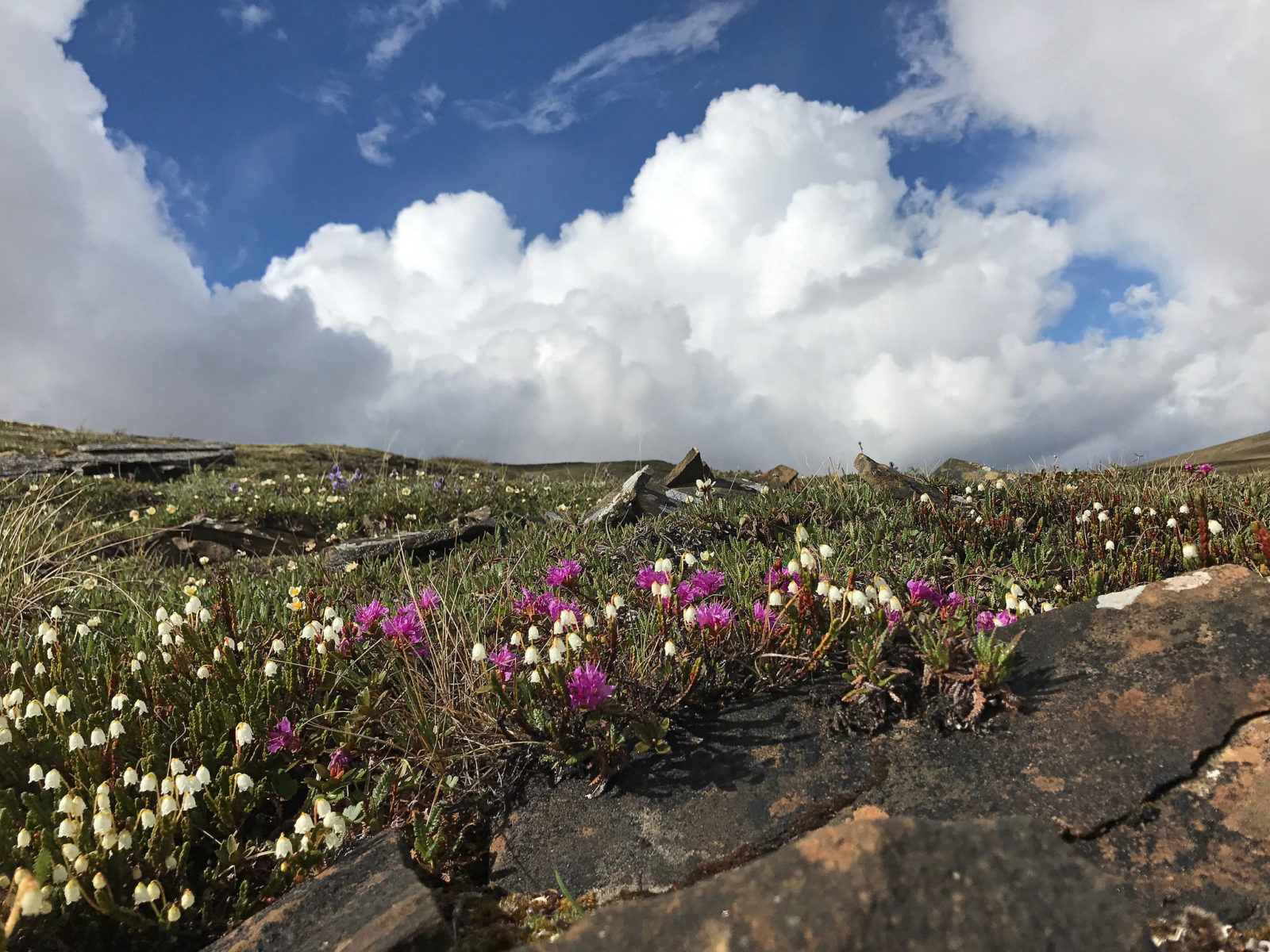
The good news, and the bad, for Alaska’s Arctic
